Customer feedback is crucial for any business, including sole traders who operate independently without employees. Understanding what your customers think, feel, and want can guide your business decisions, helping you improve products, enhance services, and ultimately increase customer satisfaction and loyalty. Here’s why customer feedback matters and how you can effectively collect and utilise it as a small business
Customer feedback plays a vital role in improving your products and services. When customers share their thoughts and experiences, they provide direct insights into how your offerings are perceived. This feedback highlights both strengths and areas that need improvement, allowing you to make targeted enhancements that align with customer expectations.
Moreover, actively seeking and responding to feedback demonstrates to customers that their opinions matter. This fosters a sense of value and appreciation, leading to higher satisfaction and loyalty. Customers who feel heard are more likely to stay loyal and recommend your business to others.
Feedback also helps you identify emerging trends and shifts in customer preferences. By staying attuned to what your customers are saying, you can stay ahead of the curve and adjust your offerings and marketing strategies accordingly. This foresight ensures that your business remains relevant in a constantly changing market.
Addressing customer concerns and implementing their suggestions can significantly boost customer retention rates. Satisfied customers are more likely to become repeat buyers and spread positive word-of-mouth recommendations. Furthermore, customers often have innovative ideas about how your products or services can evolve. Listening to these ideas can inspire new developments and features, setting you apart from competitors and driving innovation.
As a small business, there are several effective methods for collecting customer feedback. Online surveys are a versatile tool for gathering detailed feedback. Using online survey tools like Google Forms or SurveyMonkey, you can create simple surveys and share them via email or social media to gather valuable insights from your customers.
Encouraging customers to leave reviews and ratings on your website, social media platforms, and third-party review sites like Google Business not only provides feedback but also builds your online reputation. Monitoring social media channels is another essential strategy. By using tools like Hootsuite or simply keeping an eye on your mentions and direct messages, you can track real-time feedback and gain immediate insights into customer sentiments.
Implementing feedback forms on your website, especially after purchases or interactions, is another effective way to gather insights. Keeping these forms short and straightforward encourages completion and helps you gather valuable information. Additionally, personally reaching out to customers via email to ask for feedback on recent purchases or experiences can yield honest and detailed responses. Personalised emails make customers feel valued and more likely to share their thoughts.
Casual conversations with customers, whether in person or online, can also provide valuable feedback. This informal approach often yields honest and immediate insights into customer experiences. Asking customers how likely they are to recommend your business to others and following up with questions about their reasons for the feedback given can provide actionable feedback.
Once you have collected customer feedback, it is crucial to utilise it effectively. Analysing the data using simple tools like Excel or Google Sheets helps you organise feedback and identify common themes and trends. This analysis provides a clearer understanding of customer sentiments.
Not all feedback will be actionable or equally important, so prioritising feedback based on its potential impact on customer satisfaction and business goals is essential. Focus on changes that will make the most significant difference to your customers. Communicating these changes to your customers builds trust and shows that you value their input, strengthening customer relationships.
If you are a sole trader, using feedback for personal improvement is also crucial. Your personal performance directly impacts your business, so take feedback as an opportunity for professional growth. Continuously monitoring feedback ensures that you keep up with changing customer needs and expectations, allowing you to adapt your strategies as necessary.
In conclusion, customer feedback is an essential resource for small businesses aiming for excellence. By systematically collecting and utilising feedback, you can make informed decisions that enhance your products, services, and overall customer experience. ABS Institute provide free training in small business to help you learn more about how to run a successful business. Contact us today to find out how!


